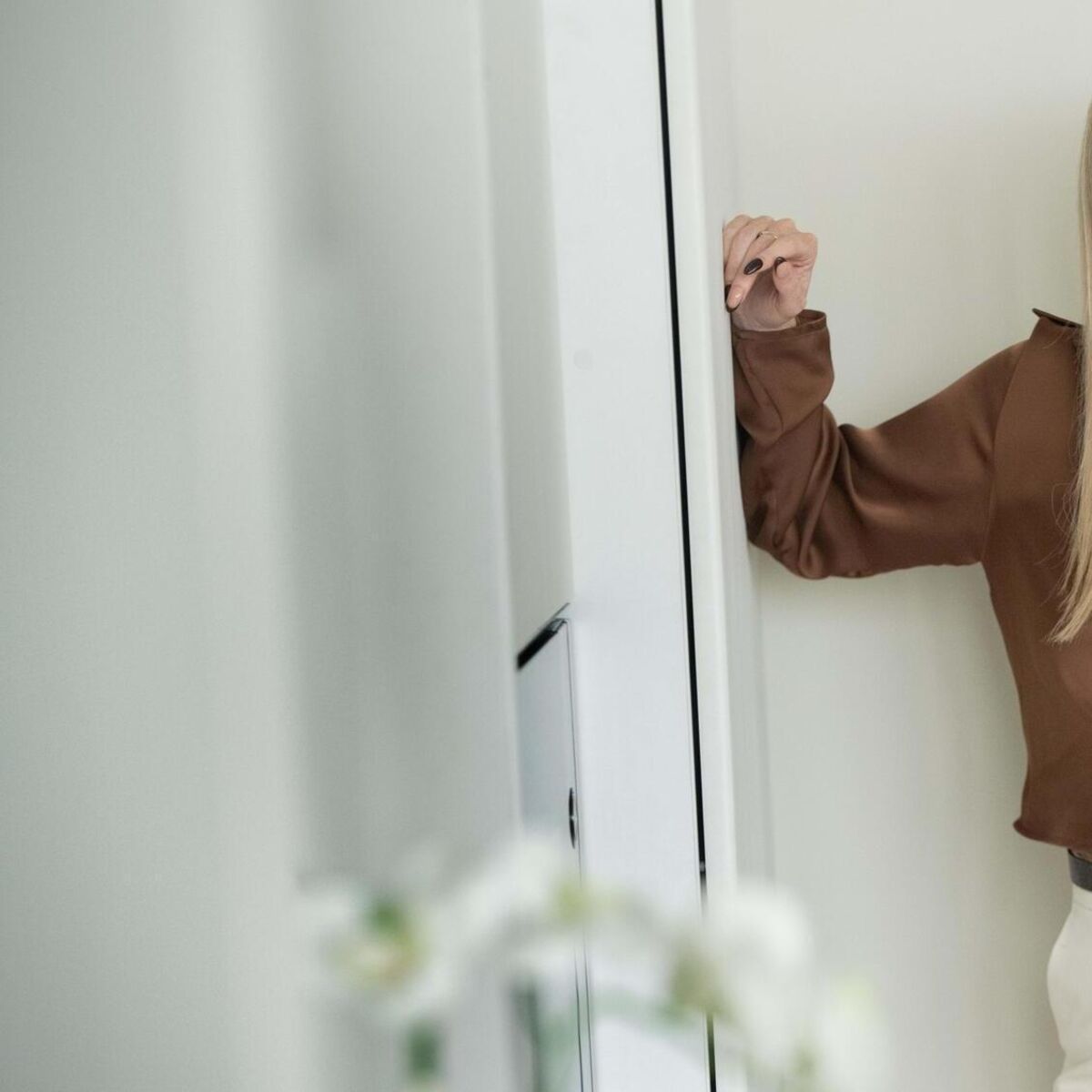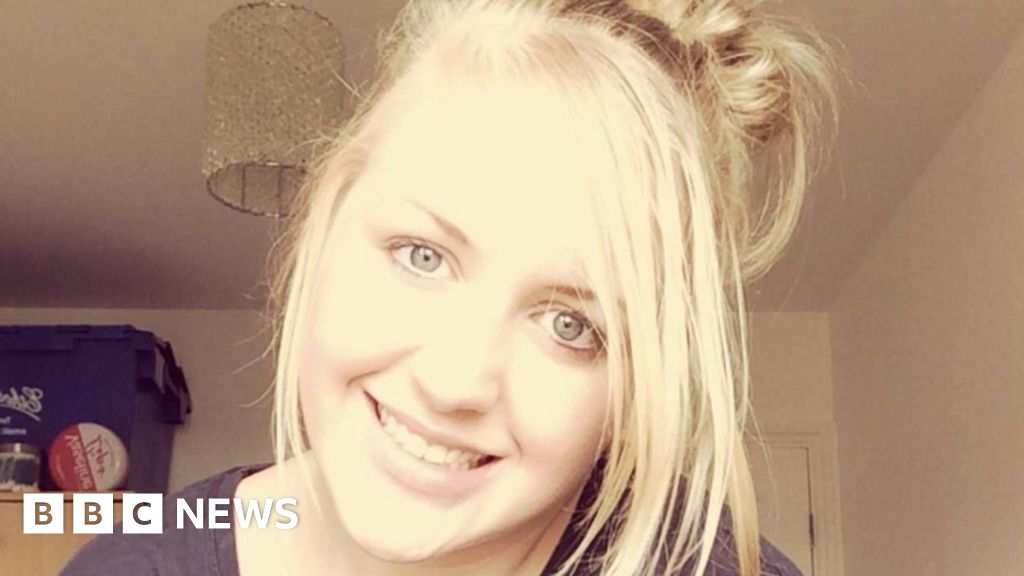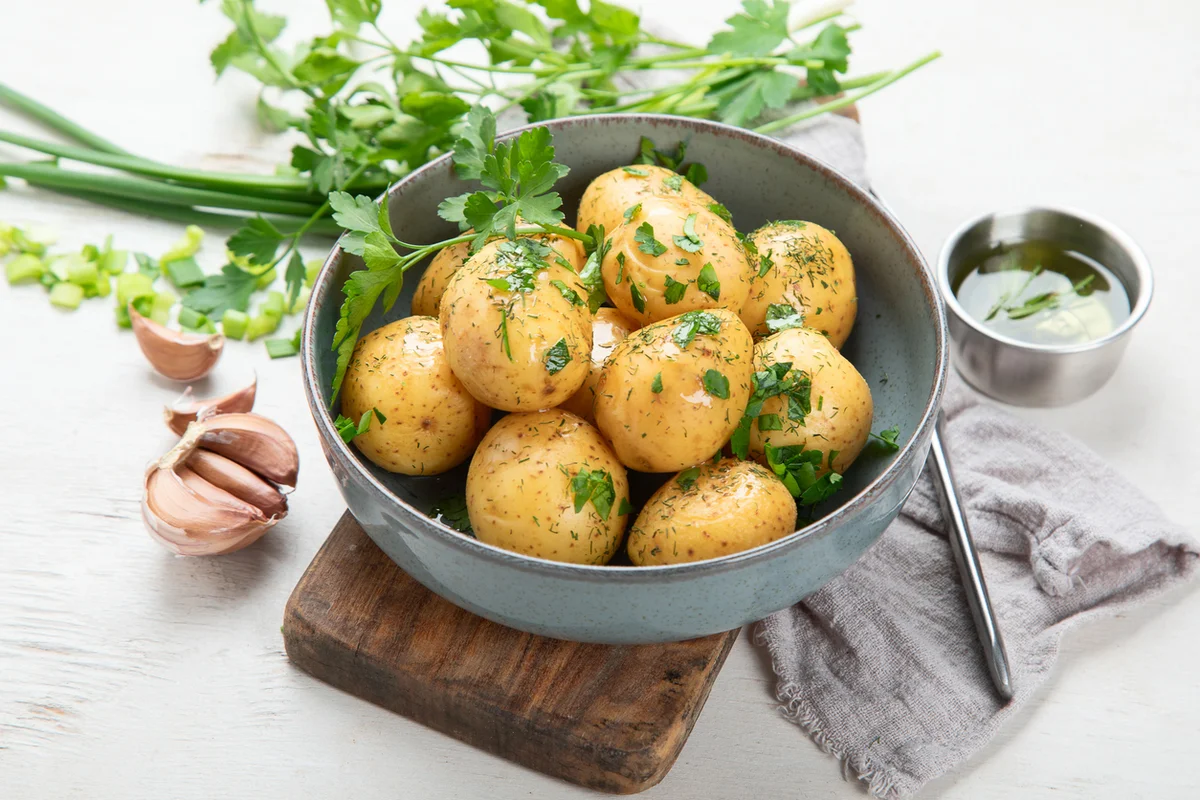Copyright irishexaminer

Is it any wonder? Families face soaring housing costs, extortionate weekly shopping bills, and demanding jobs. Are the days of big Irish families drawing to an end? A clip from the podcast Hawk Vs. Wolf, featuring guest comedian Natasha Leggero saying she does not want more children (she has a six-year-old daughter), recently went viral. Her soundbite, ‘one is an accessory, two is a lifestyle,’ has caught on, with women sharing clips of themselves with their only child as they go shopping or grab a babyccino in a café. The comments section of the videos is a mixed bag. “From an only child, please give her a sibling,” to “I am an only child and absolutely love it,” and “Girl, you are living the life.” For a parent, having one child means you get the best of both worlds: A family and enough time to focus on other aspects of your life, such as your career and relationships. For some only children it may even have helped pave the road to success. Saoirse Ronan, Adele, Daniel Radcliffe, Marty Morrisey, and Pierce Brosnan are all only children. To find out more about what it’s like to grow up as an only child, we chat with four Irish women. Lone but not lonely “I never really felt the absence of a sibling. It was just my little world, and I loved it,” says 23-year-old Jade McNamee. “I love being an only child. I developed strong positive relationships with my parents at a young age, which carried into my adult life. Looking back now, I wouldn’t want it any different.” McNamee, who is from Dublin, has an extremely close relationship with both of her parents, something she cherishes now as an adult. “I think I loved it because I always had the attention of my parents, I could talk things out and explain situations and how I felt, without competing for their attention. Even now, I am aware of the peace in my house, the lack of competition or comparison. I don’t have to share my space or parents with anyone. How could that ever be a negative?” Aimee Barnes, 36, believes that being an only child helped to foster her creativity. “I was blessed to have plenty of people around me, from cousins and neighbours to friends, and I also had lots of time by myself. That’s where my imagination and creativity came alive, using toys, dolls, or even everyday objects to invent my own games.” Aside from expanding her imagination, Barnes also says that being an only child has impacted the way she connects with others. “I tend to connect on a deeper, one-to-one level, rather than in big social groups,” she says. “Without siblings, I naturally poured my energy in to cultivating deep and meaningful bonds with friends, and that hasn’t changed as I’ve grown older. I value authenticity, loyalty, and presence in relationships.” Using her ability to connect with others, the Dublin woman has turned it in to a career with a wellness company, Ganbaru. “I create spaces for others to experience that same sense of belonging and connection that I’ve always sought. I aim to foster a community where people feel seen, supported, and part of something meaningful. “In many ways, my ability to connect deeply with others stems directly from those early experiences.” Research supports Barnes’s experience. A 2016 study examined the brains of only children compared to those with siblings. The researchers found that only children demonstrated superior performance on creative tasks. However, they scored lower on other traits, such as agreeableness. Lack of support Dubliner Audrey Cunningham reflects on the realities of being an only child to ageing parents. “As an adult, I can now look back and recognise the perks of being an only child. Since we were a small family, there was more money for special things, like sun holidays and fun birthday parties. I was very lucky to have my mam stay home with me full time, too, so I got her undivided attention,” she says. “My parents would often encourage me to mix with other kids, if we were on holiday or in the playground. As a result of that, I really value my friendships.” Now aged 41, Cunningham’s dad has since sadly passed away in 2008, leaving her concerned about being the only child of an only parent. “I sometimes worry about my mam,” she says. “Thankfully, she’s in very good health right now, but I can’t help thinking that, in the future, I might be the only one responsible for her care or for making important decisions.” Although not a given with siblings, support is something that 30-year-old Aisling* has always craved. “I find it hard to see the romanticisation of having an only child go viral online,” she says. “I’ve always disliked it. “I don’t like saying that [out loud] because I don’t want to upset my parents. But they were always busy with work and providing a nice life for us. At times, my childhood was a little lonely. “I see people around me with siblings and big families, and I am jealous. I’ve always loved the idea of having a built-in support network with siblings.” What the Waterford native would really like is a full and bustling household, especially at times of celebration. “Christmas has always been really quiet, with just me and my parents. “I find that time of year hard, when you see movies and Instagram posts of people with huge families gathered around a tree.” When it comes to starting her own family in the future, Aisling says she plans to have more than one child. “I would love to create the busy household I always wanted. I know that life isn’t always that simple, but I will try my best to have more than one child, if I become a parent.” While the stereotype of the lonely only child persists, it is not a significant issue for many. A 2022 study in China looked in to the lonely stigma believed to be experienced by only children and found that only children reported lower levels of loneliness than their counterparts with siblings. As single-child families become increasingly popular in Ireland and worldwide, perhaps we need to focus more on the child’s happiness and wellbeing and less on how many siblings they have. Name has been changed



